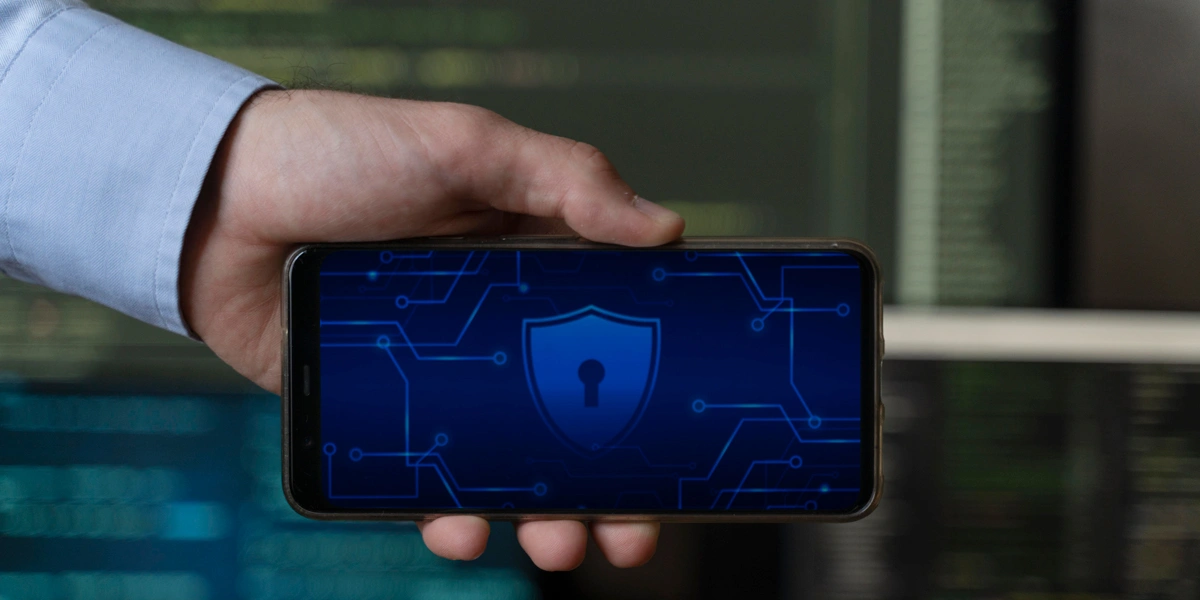
With evolving digitization, traditional perimeter-based security models have proven inadequate in safeguarding enterprise assets. The emergence of sophisticated cyber threats demands a paradigm shift towards more adaptive and resilient security measures. The Zero Trust security model, characterized by its inherent distrust of both external and internal entities, offers a potent solution. At the heart of this approach lies Public Key Infrastructure (PKI), a proven cryptographic framework that underpins secure communication and authentication.
The Zero Trust security model acknowledges the inherent vulnerabilities of both external and internal entities within the network. In essence, it upends the traditional security model by adopting a default posture of zero trust, where trust is never assumed and always verified.
This article explores the relationship between PKI and the Zero Trust security model, delineating the critical role PKI plays in fortifying modern enterprise defenses.
Zero Trust Security Model: A Holistic Approach
Zero Trust security model is predicated on the principle that no entity, regardless of its location or level of access, should be implicitly trusted. This necessitates the implementation of rigorous authentication, authorization, and continuous monitoring mechanisms, irrespective of the entity's provenance within the network. This approach mandates a granular and context-aware security posture, which aligns seamlessly with the dynamic nature of modern enterprise environments.
The Pillars of Zero Trust
Identity and Access Management (IAM): Establishing a robust identity framework is paramount in the Zero Trust model. Every entity, whether user or system, must be rigorously authenticated and authorized before accessing any resource.
Network Segmentation: The network is no longer treated as a monolithic entity, but rather as a series of micro-segments. Each segment is isolated and subject to its own access controls, limiting lateral movement in the event of a breach.
Continuous Monitoring and Analysis: Real-time monitoring of network traffic, user behaviour, and system activity is essential for detecting anomalous behaviour indicative of potential threats.
Policy Enforcement: Policies, informed by comprehensive risk assessments, dictate access privileges and actions for every entity, ensuring adherence to the principle of least privilege.
The Role of PKI in Zero Trust Security
At the crux of the Zero Trust model lies a cryptographic framework that forms the bedrock of secure communication and authentication - Public Key Infrastructure (PKI). PKI provides the means to establish trust in a network-agnostic manner, rendering it indispensable in the implementation of Zero Trust security.
Authentication and Digital Signatures
PKI enables robust authentication mechanisms through the issuance of digital certificates. These certificates bind an entity's identity to its public key, ensuring that only authorized entities can establish secure connections. Digital signatures, facilitated by PKI, validate the integrity and authenticity of transmitted data, thwarting tampering or impersonation attempts.
Certificate Authorities (CAs) and Trust Anchors
Central to PKI is the Certificate Authority (CA), a trusted entity responsible for issuing and managing digital certificates. CAs form the cornerstone of trust in PKI, and their compromise can have far-reaching implications. The establishment of trust anchors, typically self-signed certificates or hardware security modules, ensures the integrity of the CA hierarchy.
Certificate Revocation and Key Management
PKI facilitates the revocation of compromised or outdated certificates, mitigating the risk posed by compromised keys. Robust key management practices, including the periodic rotation of cryptographic material, are imperative to maintain the integrity and confidentiality of communications.
Conclusion
In the evolving landscape of enterprise security, the Zero Trust model stands as a beacon of adaptive and resilient defense. At its core, Public Key Infrastructure (PKI) is the linchpin that empowers this model. eMudhra leads in supporting Zero Trust Architecture (ZTA) through its comprehensive services and robust Public Key Infrastructure (PKI) solutions. With an unwavering dedication to security and trust, eMudhra's offerings seamlessly align with ZTA principles, enforcing stringent access controls, continuous authentication, and thorough verification.
At the core of eMudhra's ZTA contribution are its advanced PKI solutions, establishing a secure framework for authenticating users, devices, and applications. Through digital certificate issuance and management, eMudhra establishes a foundation of trust, enabling organizations to confidently adopt a Zero Trust approach, bolstering overall security posture by eliminating implicit trust assumptions.
eMudhra's proficiency in secure document exchange and digital signatures further fortifies the ZTA framework, ensuring the integrity and authenticity of vital documents and communications. Our solutions are designed to facilitate compliance with regulatory requirements, including data privacy and security standards like NIST 800-207.
By partnering with eMudhra, organizations implement best practices for identity and access management, authentication, data protection, and compliance, creating a robust and effective Zero Trust Architecture that mitigates security risks and safeguards sensitive data.
For further inquiries, please contact our enterprise sales representatives.
